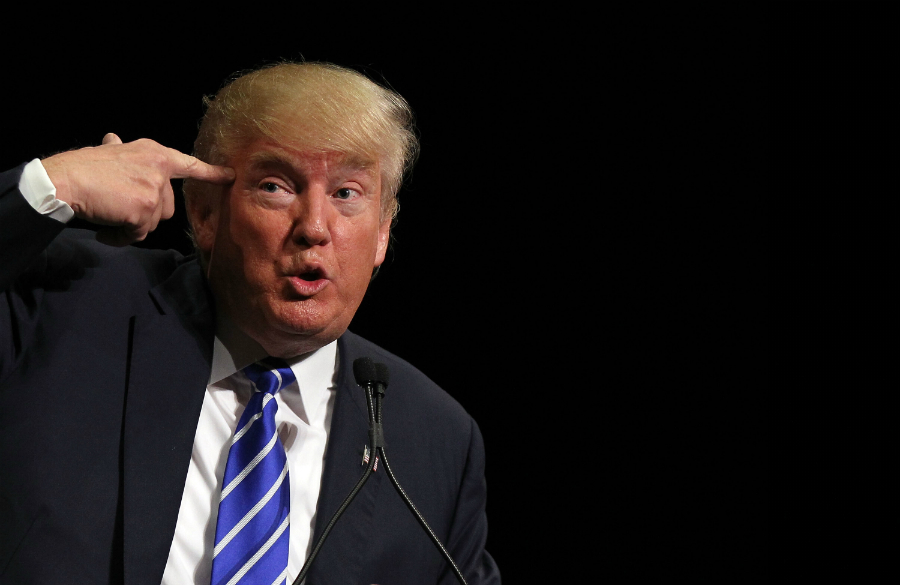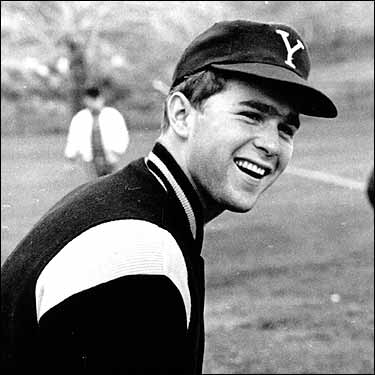Donald Trump, a nest of rats wearing a power tie, is a self-made man, if you don’t count a huge inheritance, massive bank bailouts and government-sponsored land grabs. From Deborah Friedell’s London Review of Books piece about Michael D’Antonio’s Never Enough: Donald Trump and the Pursuit of Success:
“I have made myself very rich,” Trump says (over and over again). “I would make this country very rich.” That’s why he should be president. He insists that he’s the ‘most successful man ever to run’, never mind the drafters of the constitution or the supreme commander of the allied forces. Bloomberg puts Trump’s current net worth at $2.9 billion, Forbes at $4.1 billion. The National Journal has worked out that if Trump had just put his father’s money in a mutual fund that tracked the S&P 500 and spent his career finger-painting, he’d have $8 billion. Wisely, D’Antonio refrains from offering an estimate of Trump’s net worth. When Timothy O’Brien, a New York Times journalist, suggested in Trump Nation (2005) that Trump probably wasn’t a billionaire at all, he was sued for libel. The case was eventually thrown out, as Trump must have known it would be, but O’Brien’s publisher is thought to have spent much more money defending the book than it could have made.
It’s not just vanity that requires Trump to claim that all his deals make gazillions: his current business requires it. Even when his projects fail – his golf course in Aberdeenshire, to take one example, has lost £3.5 million over the last two years – he makes money through letting other people put his name on their projects: no risk, little work, just a licensing fee upfront or a share of the profits. He doesn’t actually own the Trump Taj Mahal or Trump Palace or Trump Place or Trump Plaza or Trump Park Avenue or Trump Soho, or the many Trump buildings throughout South America, Turkey, South Korea and the Caucasus. Developers buy the use of his name because enough customers believe in it: “It’s not even a question of ego. It’s just that my name makes everything more successful,” he says. And so there have been Trump board games and phone contracts, credit cards, mattresses, deodorants, chocolate bars that look like gold bars, cologne sold only by Macy’s (“Success by Trump“). He made $200 million over 14 seasons by being the star of The Apprentice, playing “Donald Trump.” the richest, tycooniest man in the world. Between 2005 and 2010, Trump made more than $40 million from thousands of students who enrolled in entrepreneurship classes at “Trump University.” Some say it was a scam, and many of them have joined class action lawsuits to get their money back (one says that “for my $35,000+ all I got was books that I could have gotten from the library”). The attorney general of New York has filed a lawsuit against Trump for fraud.•


